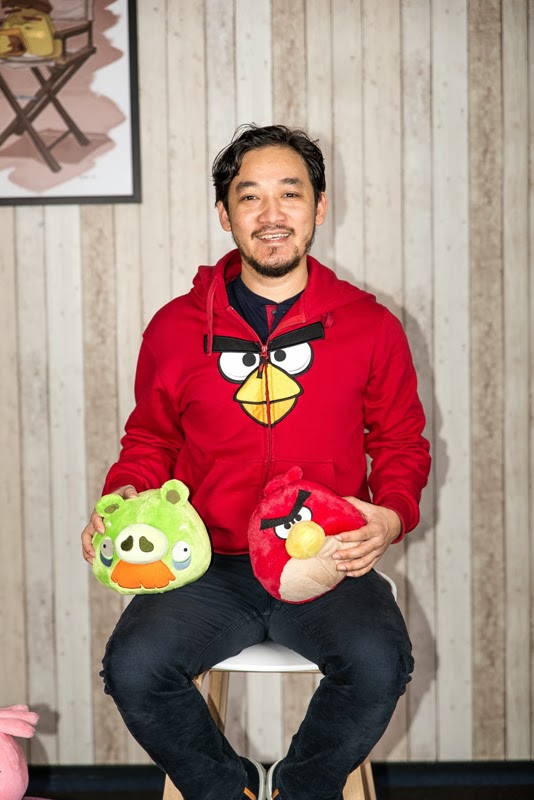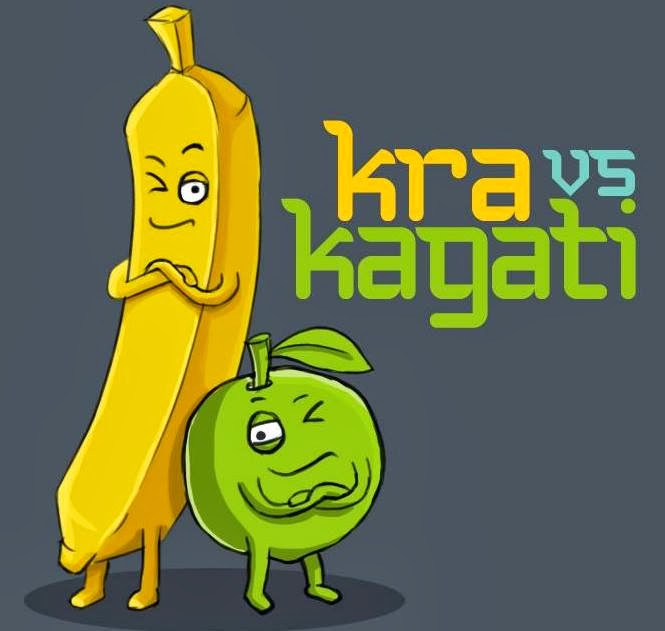 |
| Link |
Critical thinking, as defined by Robert Ennis, an American Philosopher, is a reflective and reasonable thinking process, which is often shaped by knowledge, attitude, and skills possessed by an individual (Kurfiss, 1988). In the present world, the technological advancements have been changing the lives of people and reducing reliability in terms of facts memorization, due to which the ability to reflect and analyze a particular scenario to extract solutions to the problems is a need that education should impart to the students of the 21st century.
Why Think Critically?
With large availability of open data from various sources, the need to segregate information based on its truthfulness and relevance is an important one in the present scenario (Halpern, 1999; as cited in Almeida and Franco, 2011). Further, critical thinking as a cognitive ability tends to capacitate in dispersing ideas and conducting meaningful dialogue with others in a particular topic (Brady, 2008; as cited in Almeida and Franco, 2011). As discussed by A'sari (2014), critical thinking allows an individual to be more honest with themselves with proper analysis of information provided to them, challenges them to solve problems, conduct evidence-based judgments, avoid extremist views and capacitates in controlling feelings over the feelings controlling them.
How to Think Critically?
 |
| Link |
Critical thinking is all about thinking in a smart manner, through validation and cross-checking the facts that are presented to them. As A'sari (2014) suggests, the process of critical thinking involves seven steps which include objective understanding of others claims, understanding of the assumptions, evaluating the validity between assumptions and claims, examining appropriateness of assumptions and claims, deciding validity among claims and assumption, collective evidence for alternative generation and elegant presentation of the alternatives to the other parties. In simple terms, critical thinking involves gathering information, processing and analyzing it and presenting the findings as well as conclusions for providing independent insights and opinions for better problem-solving.
At Canopy Nepal, EIC (abbreviation of formerly known as English Improvement Classes) is primarily focused on improving the ability of school going students in reading, writing and speaking with the integration of ability to evaluate information. With over 900 graduates, comprising up of 15-20 grade 6 to 9 students in each series, both from public as well as private schools, findings related to their improved ability to analyze the information they are provided allowing them to provide their own insights on it is the key trait seen in all the students tutored in these classes.
The EIC participants sit through the month-long after school sessions and build on their creativity and critical thinking skills. The sessions conducted with the main motto to let them enjoy while learning through fun-filled games and activities every day. With such initiatives, we aim to break the rote-learning culture in the mainstream education system and develop intelligent, critical thinkers of the society.
References
da Silva Almeida, L., & Rodrigues Franco, A. H. (2011). Critical thinking: Its relevance for education in a shifting society.
As’ari, A. R. (2014, April). Ideas for developing critical thinking at primary school level. In International Seminar on Addressing Higher Order Thinking: University of Muhammadiyah Makasar.
Kurfiss, J. G. (1988). Critical Thinking: Theory, Research, Practice, and Possibilities. ASHE-ERIC Higher Education Report No. 2, 1988. ASHE-ERIC Higher Education Reports, The George Washington University, One Dupont Circle, Suite 630, Dept. RC, Washington, DC 20036-1183.
Written by: Pransu Khakurel (Canopy Nepal)
Edited by: Urishna Shakya (Canopy Nepal)




















